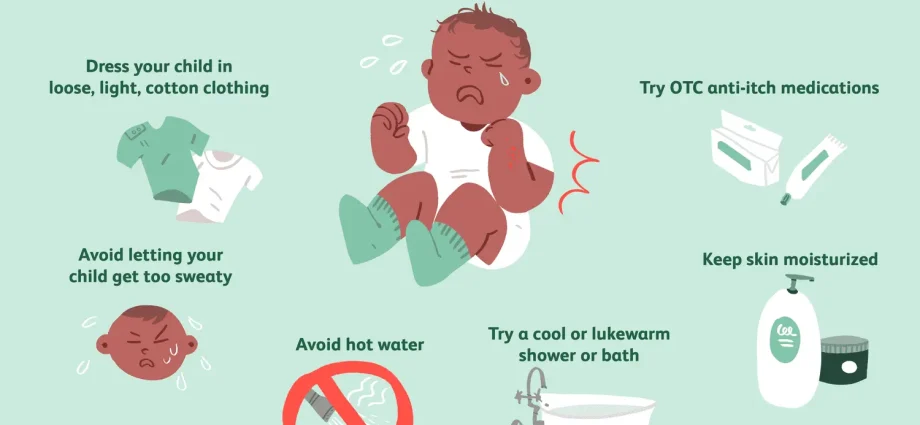Contents
In this article, we will talk about ways to deal with such a scourge as itching. Let’s talk about folk remedies and pharmaceutical brand cosmetics.
Causes of itching
Skin diseases
Itching is characteristic of many dermatological diseases, such as:
rosacea;
eczema;
seborrheic dermatitis;
psoriasis;
atopic dermatitis;
hives.
Read more about skin protection during allergy season here.
Diseases of various organs and systems
Persistent itching is not only a symptom of skin diseases. The list is long, ranging from neurological problems to diabetes.
Allergy
This is the most common cause of a skin reaction, including itching. First of all, it is necessary to identify the allergen, exclude it from everyday life and, of course, consult a doctor.
Allergic reactions can be caused by food or cosmetics.
External Factors
Frosty or excessively dry air provokes dry skin and itching, especially in the lower legs. This trouble is easy to deal with if you review home care and connect special cosmetics. More on this below.
How to get rid of itchy skin
Cosmetical tools
Moisturizers for dry skin. Dryness and itching often go hand in hand. By moisturizing the skin, as well as creating a protective barrier with milk or balm, you thereby reduce dryness, and at the same time create conditions for reducing itching. Apply beauty products twice a day after cleansing to damp skin.
Moisturizers for atopic skin. With atopic dermatitis, the skin itches constantly, so atopic cosmetics are aimed, among other things, at alleviating the condition with itching. The lines typically include a gentle soap-free cleanser, a moisturizing balm (or milk), and an SOS product for use throughout the day.
Cosmetic procedures
Baths with decoctions of medicinal herbs, as well as compresses, are excellent against itching.
Among folk remedies to combat itching, there are well-deserved ones.
Series. Two tablespoons of herbs are brewed with half a tea glass of boiling water, the resulting decoction is rubbed on itchy areas.
Propolis. Effective as a compress – relieves inflammation and itching in minutes.
How to care for itchy skin
Dermatologist, La Roche-Posay brand expert Alexander Prokofiev gives four universal tips:
clean the skin only with special soft products, exclude soap;
use emollients daily several times a day, as the skin should not remain dry;
try do not scratch the itchy area, since the skin is damaged, nerve endings are irritated and the vicious circle of “itching-scratching” is turned on;
apply the means soothing itching during the day.
Cosmetics Review
Lipikar Syndet AP+, La Roche-Posay Lipikar Syndet AP+ Lipikar Syndet AP+, La Roche-Posay so delicate that it is suitable even for newborns.
Lipid-replenishing balm for very dry skin for children and adults Lipikar Baume AP + M, La Roche-Posay – the main product of the skin care line for atopic skin, restores its microbiome and eliminates dryness, thus helping to reduce itching. Shea butter in its composition creates a protective barrier.
Treatment for skin prone to irritation and itching, Lipikar Stand up AP+, La Roche-Posay – SOS tool that will come to your aid during the day. The format is pocket-sized, which means that the stick can be carried with you.
Safety measures
You don’t itch
Keeping from scratching when the skin itches is a real challenge. But by scratching the skin, we only increase itching and injure tissues, thereby creating conditions for the development of pathogenic bacteria and opening the way for infections. So do not delay with antipruritic measures.
Avoid cosmetics with potential irritants
These include:
perfumery fragrances;
essential oils;
alcohol.
Seek medical attention if itching persists
Do not self-medicate.










